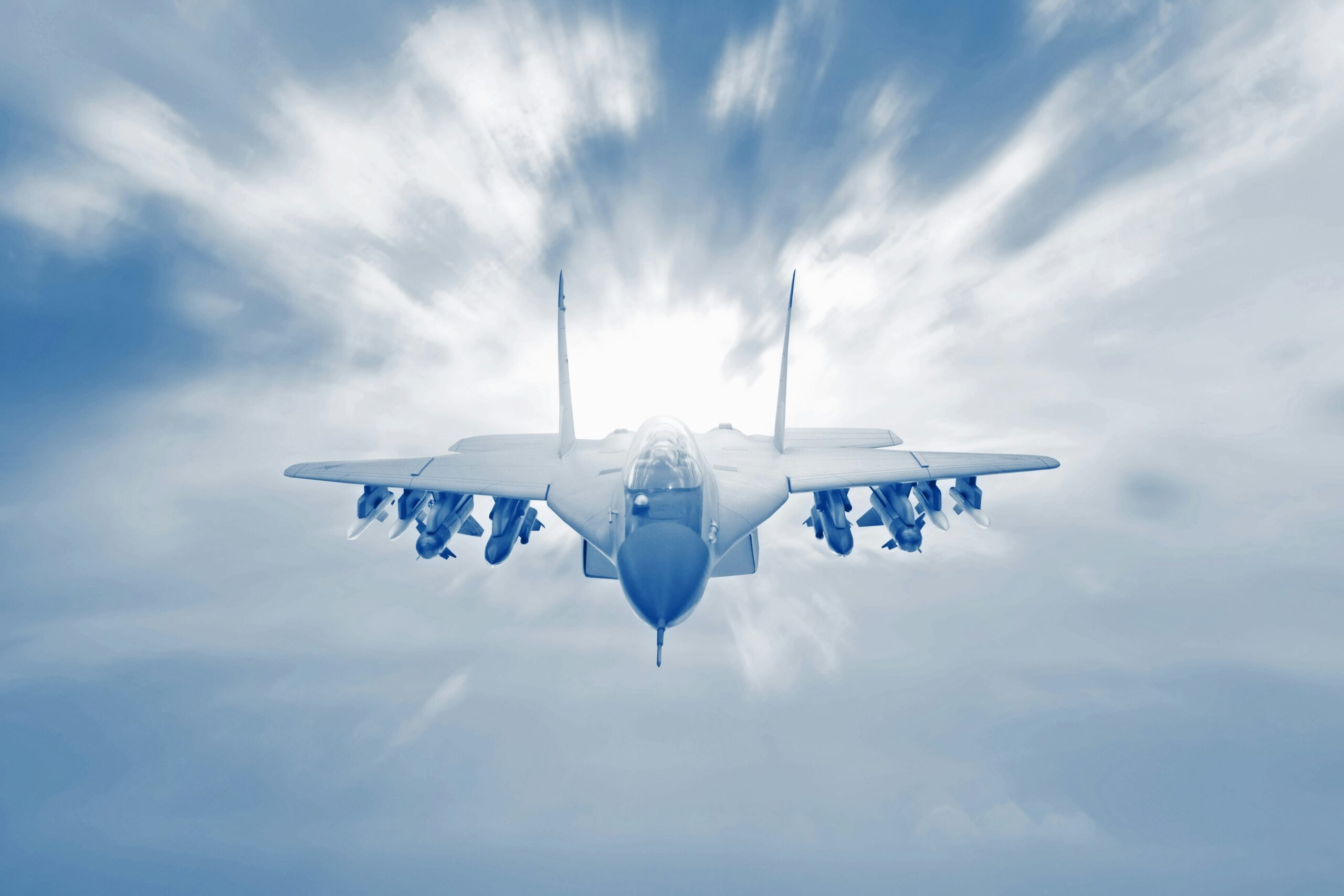
Leadership is not merely about giving orders; it’s about inspiring others to rise above challenges, adapt to change, and achieve a shared mission. The United States Air Force has long been recognized not only for its advanced technology and air superiority but also for cultivating some of the most effective leaders in the world. From the flight line to the command center, the Air Force shapes individuals who lead with integrity, courage, and vision. These lessons are not just valuable for military personnel—they apply to anyone seeking to lead effectively in business, community service, or personal life.
The Foundation of Integrity
One of the most enduring leadership lessons from the Air Force is the unwavering commitment to integrity. In high-pressure environments, trust becomes a leader’s most valuable currency. Every mission relies on accurate information, dependable actions, and the confidence that leaders will do the right thing even when no one is watching. In civilian leadership, this translates to being honest with employees, transparent in decision-making, and holding oneself accountable for both successes and failures. Without integrity, leadership becomes hollow, and trust erodes quickly.
Service Before Self
The Air Force operates under a powerful core value: “Service Before Self.” This principle teaches leaders to prioritize the mission and the well-being of the team above personal gain. In the corporate world, this can mean putting the needs of the company and employees ahead of individual recognition, ensuring that decisions are made for the greater good. True leaders understand that their role is not about personal glory but about enabling the success of those they lead.
Adaptability in High-Stakes Environments
A hallmark of Air Force leadership is the ability to adapt quickly under pressure. Missions often unfold in rapidly changing circumstances, requiring leaders to assess situations, make decisions, and execute plans in real time. This adaptability is just as crucial in the business world, where market conditions, technology, and customer needs can shift overnight. Leaders who can pivot without losing focus inspire confidence and maintain momentum, even during uncertainty.
The Power of Clear Communication
In aviation, miscommunication can lead to mission failure or even loss of life. The Air Force trains leaders to be precise, concise, and intentional in their communication. This skill is vital in any leadership role. Whether giving instructions to a team, speaking to stakeholders, or addressing the public, clarity reduces misunderstandings and ensures that everyone works toward the same objectives. Effective communication also includes active listening, which builds stronger relationships and fosters mutual respect.
Leading by Example
Air Force leaders are expected to embody the standards they set for others. This means demonstrating discipline, commitment, and professionalism at all times. People naturally follow leaders whose actions align with their words. In a corporate or community setting, leaders who arrive prepared, handle challenges with composure, and show dedication to the mission encourage others to uphold the same standards. Leading by example creates a culture of excellence that can elevate an entire organization.
Mentorship and Developing Future Leaders
The Air Force places strong emphasis on mentorship, understanding that today’s junior officers and airmen are tomorrow’s commanders and strategic decision-makers. Leaders are encouraged to share their knowledge, guide career development, and foster a sense of purpose in those they lead. In any field, developing future leaders ensures long-term success. Mentorship builds loyalty, improves morale, and creates a ripple effect of leadership qualities that extend beyond a single generation.
Resilience in the Face of Adversity
Air Force leaders are no strangers to adversity, whether it’s in the form of mission setbacks, resource constraints, or personal challenges. Resilience—the ability to recover quickly from difficulties—is critical for maintaining morale and achieving long-term goals. Leaders who display resilience inspire their teams to push forward despite obstacles. In the civilian sector, this quality helps leaders navigate economic downturns, competitive pressures, and organizational changes without losing sight of the bigger picture.
Decision-Making with Precision and Purpose
In military operations, decisions often carry significant consequences. Air Force leaders are trained to analyze information, consider potential outcomes, and act decisively. This disciplined approach to decision-making ensures that actions are both timely and effective. In business or community leadership, adopting a similar mindset helps leaders make choices that are strategic rather than reactive. A well-informed decision builds confidence within a team and increases the likelihood of achieving desired results.
Building a Culture of Accountability
Accountability is embedded in Air Force leadership culture. Every mission has measurable objectives, and leaders are held responsible for outcomes. This culture ensures that everyone understands their role, takes ownership of their responsibilities, and works toward a common goal. In non-military settings, fostering accountability can significantly improve performance. As it motivates individuals to meet deadlines, maintain quality standards, and contribute proactively to the team’s success.
The United States Air Force teaches leadership through principles that transcend military service. Integrity, service before self, adaptability, clear communication, leading by example, mentorship, resilience, decisive action, and accountability form the bedrock of effective leadership in any arena. Whether you’re managing a company, leading a volunteer group, or guiding a small project team, applying these lessons can elevate your leadership approach and inspire those you lead. Authentic leadership, as the Air Force demonstrates, is about more than rank or position—it’s about character, vision, and the ability to guide others toward a shared and meaningful mission.